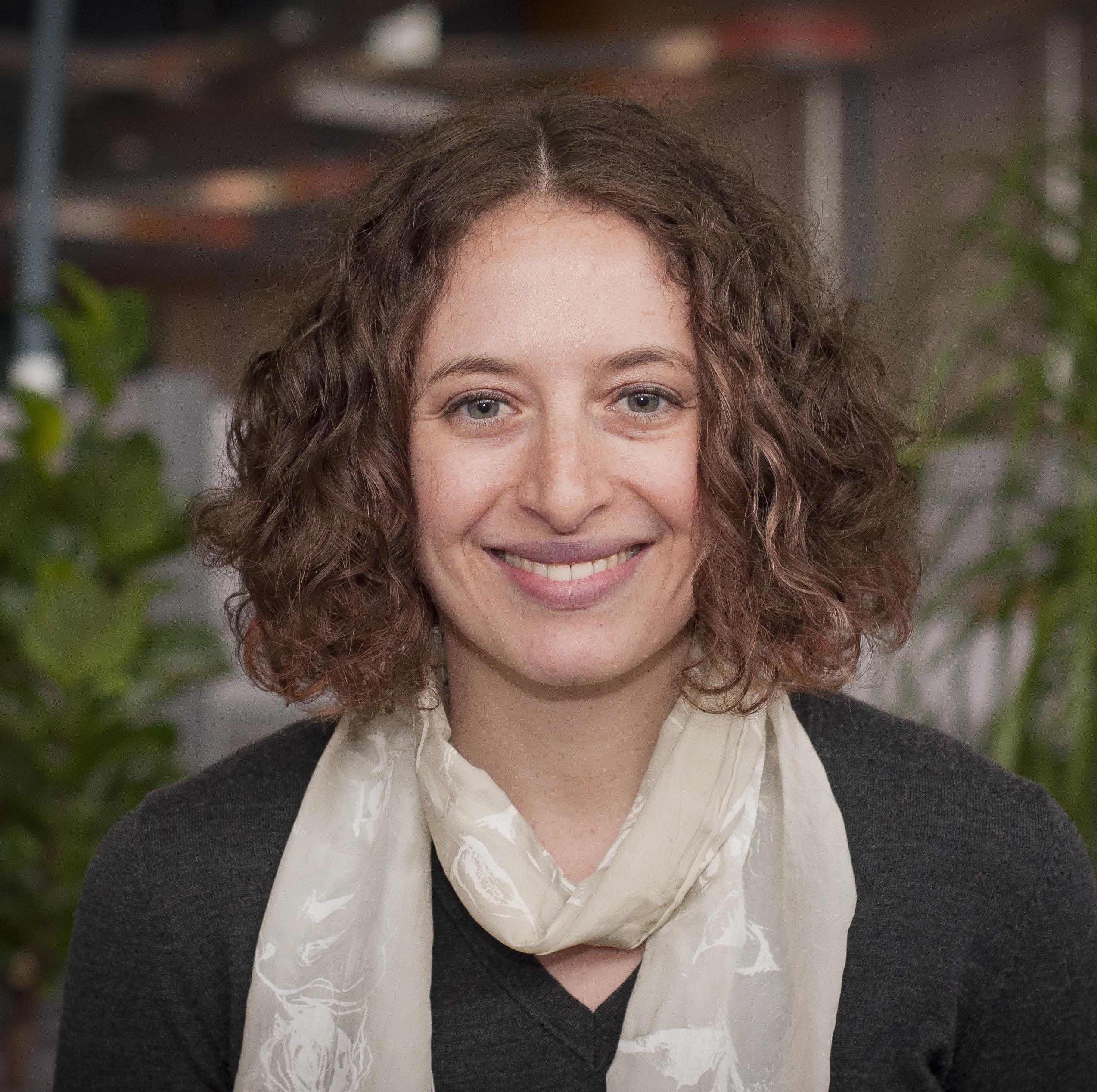Hi! My name is Lindsay Brin, and I am a Toronto-based data scientist with a background in biogeochemistry. I help businesses use their data to answer questions and find actionable insights.

I am a motivated, passionate, curious, and analytical scientist with strong quantitative skills, particularly in machine learning and statistics. I am currently an Applied Research Scientist at ServiceNow (via acquisition of Element AI) where I lead technical/scientific strategy as well as contribute to data analysis, modelling, reporting, and visualization for projects in a variety of AI domains (e.g., explainable AI (XAI), natural language processing (NLP)). Previously, as a data scientist at T4G Limited, I worked with clients to provide the analytics and visualizations required for data-driven business decisions. Through 15+ years of research and data science, I have extensive experience with the scientific experiment workflow, from generating testable hypotheses, through wrangling imperfect data and quantitative analysis, to communicating findings. I am proactive about learning new approaches to challenges, analytical or otherwise, and I excel at asking incisive questions and using data to tell compelling stories.
I love coding and playing with data, and I am passionate about teaching the skills necessary to do so. I am a certified instructor with Data Carpentry, which teaches computational programming and data skills to researchers in a wide range of fields, and I have developed and taught workshops and online courses at the University of New Brunswick on data analysis using R. I was the Chapter Co-Lead and taught workshops for the Saint John chapter of Canada Learning Code, a educational non-profit aimed at increasing digital literacy, tech accessibility, and diversity (gender, ethnic, and otherwise) in tech. My love for teaching has also been channelled through various online articles.
My academic research examined how changing environments affect biogeochemical processes, and the links between microbial communities and ecosystem functioning. At the University of New Brunswick, I used machine learning and multivariate analyses to examine relationships between invertebrate communities and coastal sediment characteristics. At Agriculture and Agri-Food Canada, I studied the effects of climate change on greenhouse gases in agricultural fields. Before moving upstream to agriculture, my PhD research (Brown University) focused on environmental regulation of nitrogen cycling in coastal sediments.
Please take a look through my site for more information and news on my teaching, writing, and work, and don't hesitate to connect!
